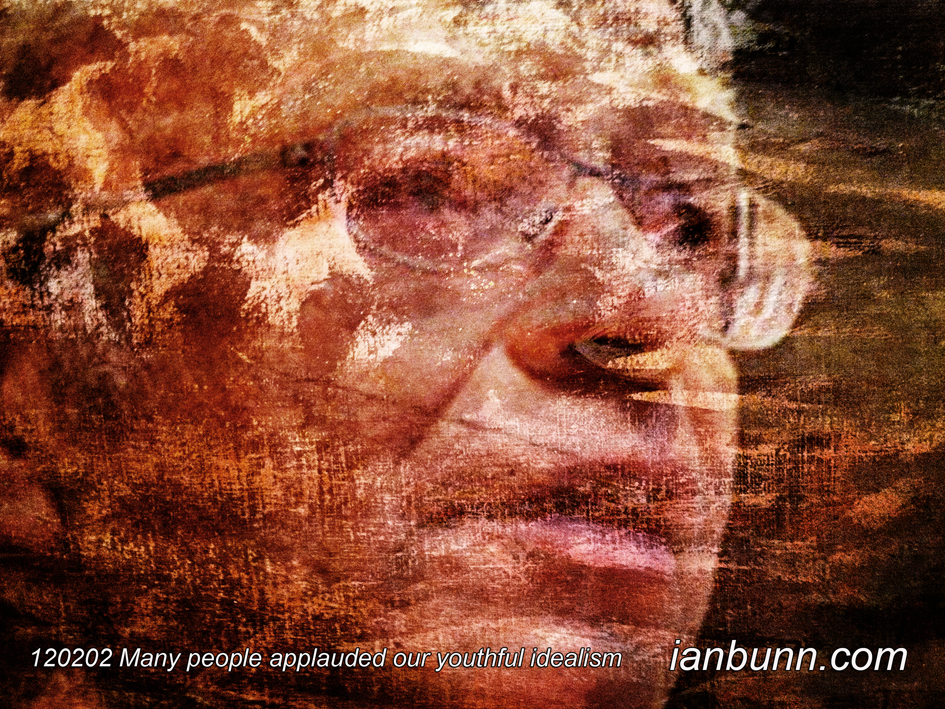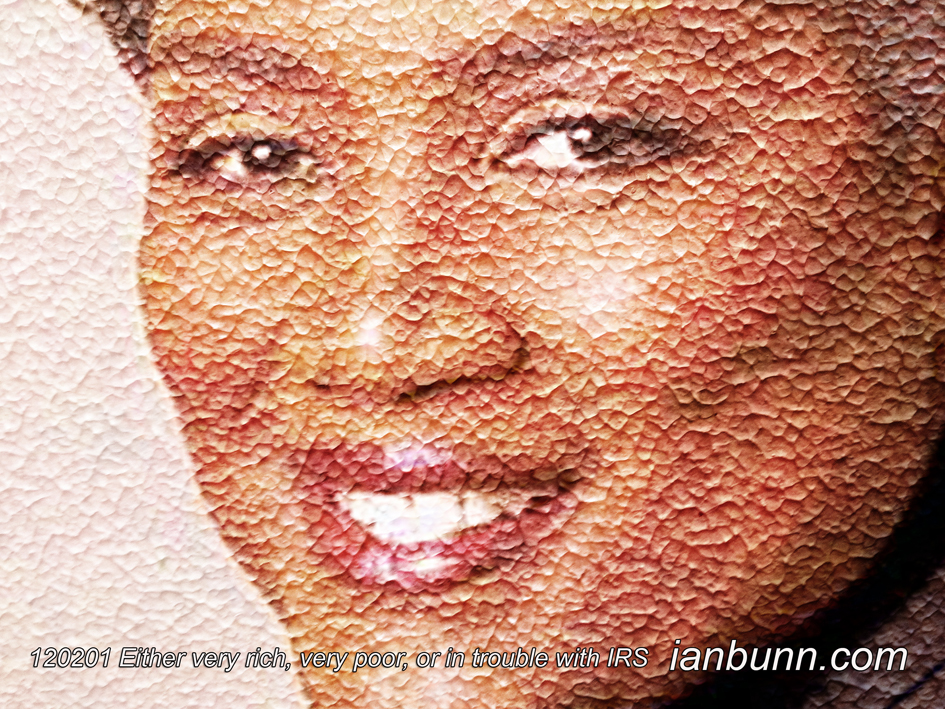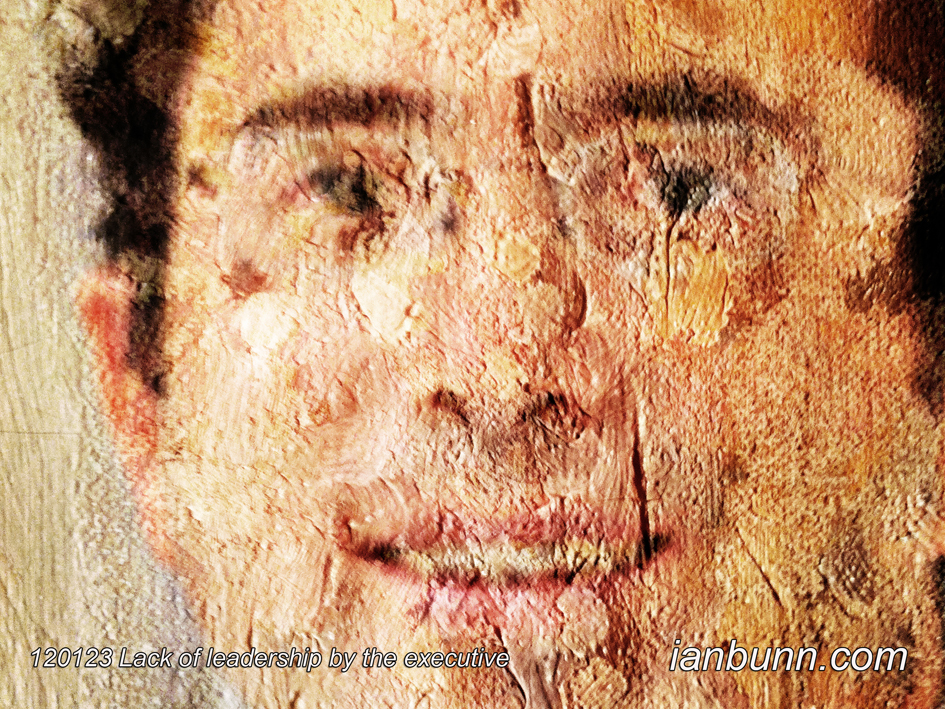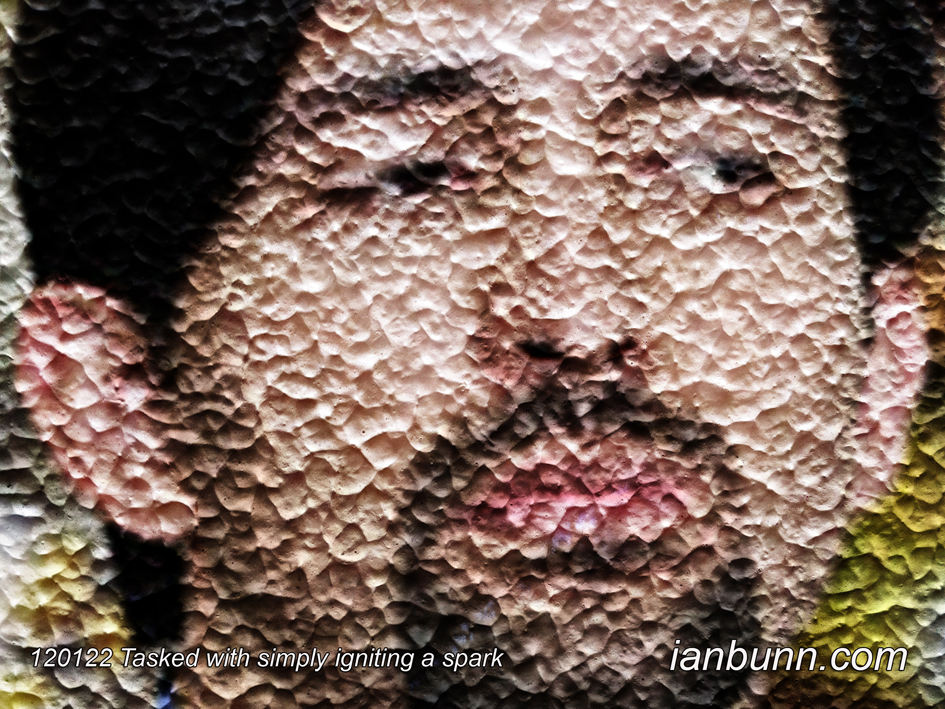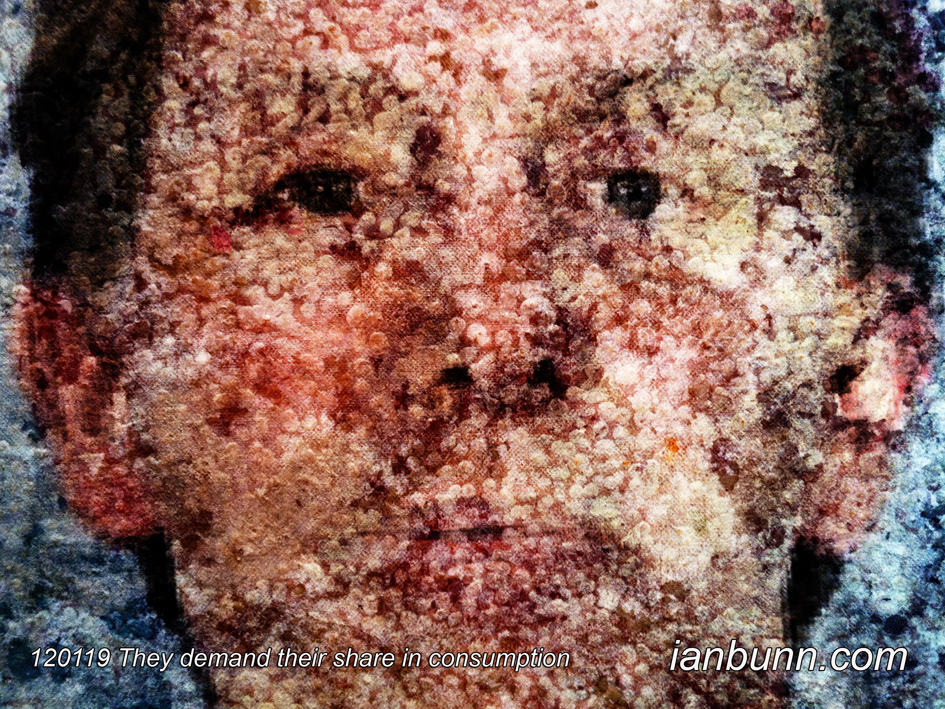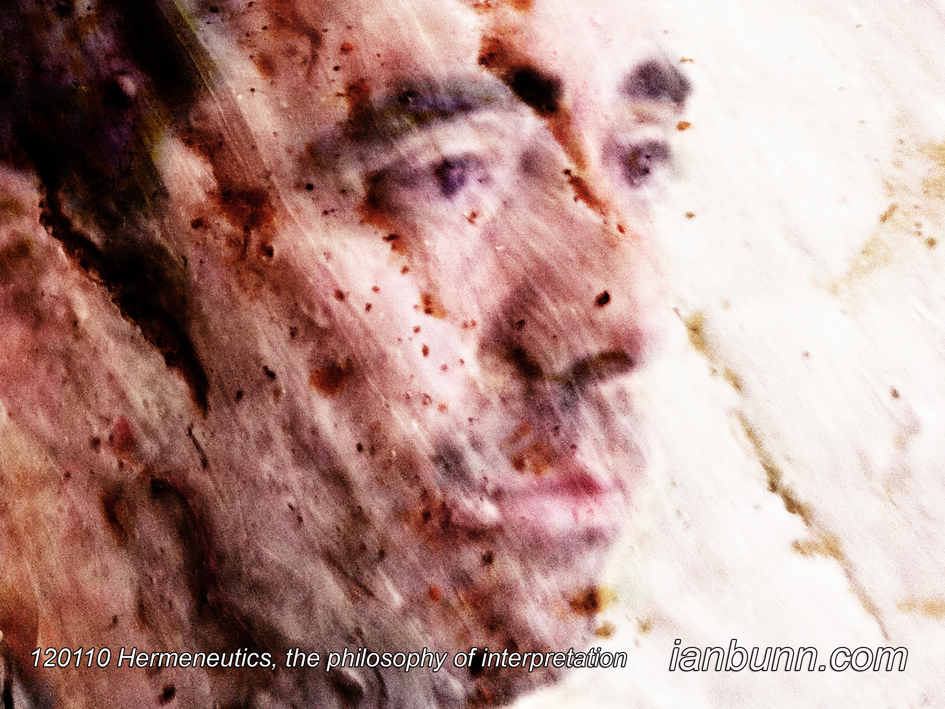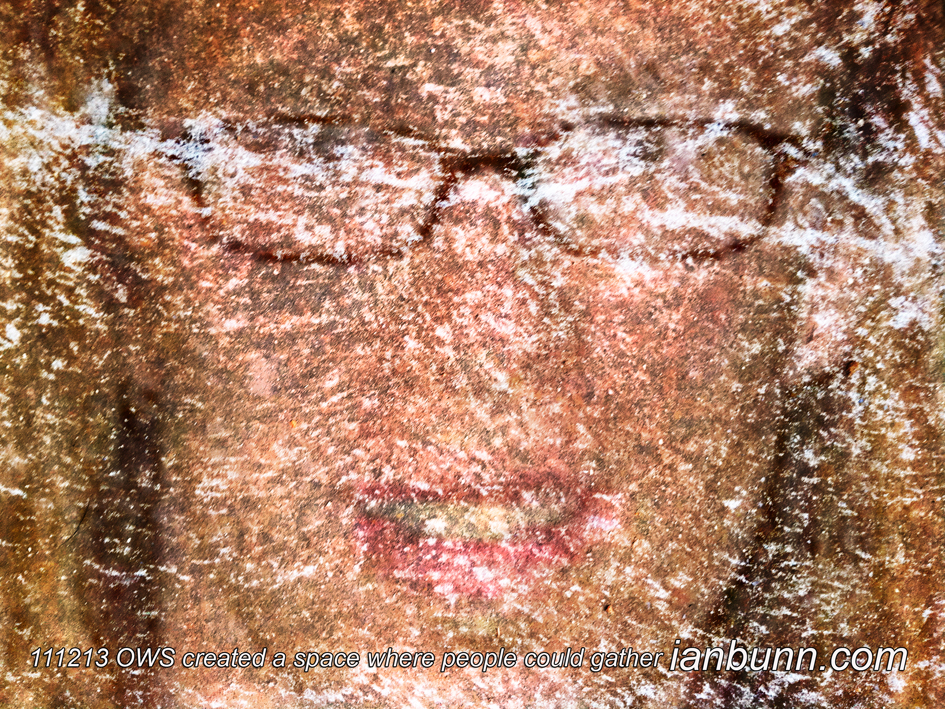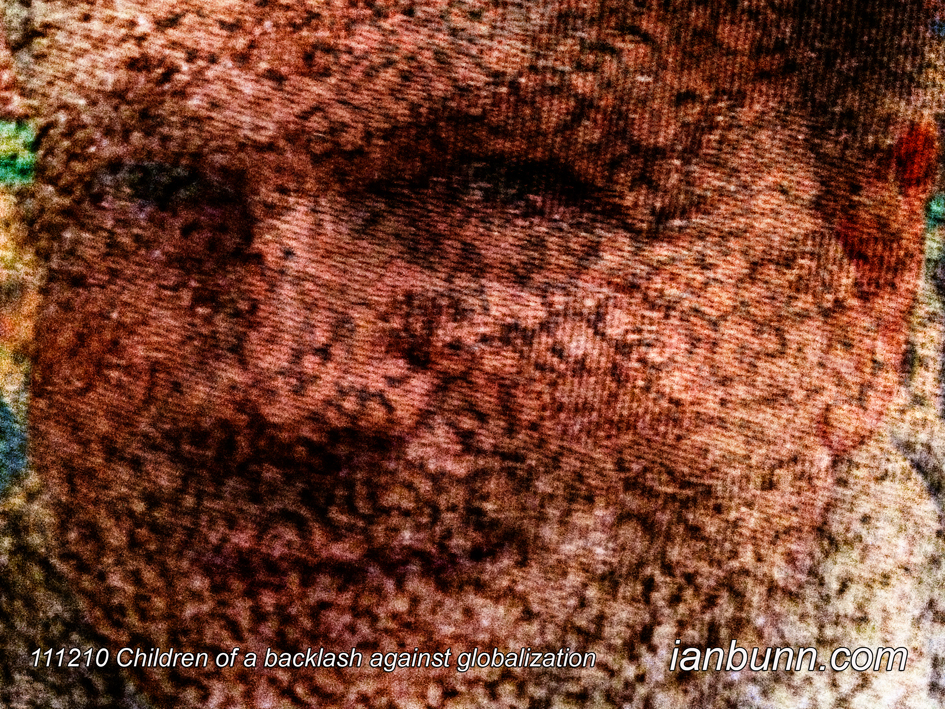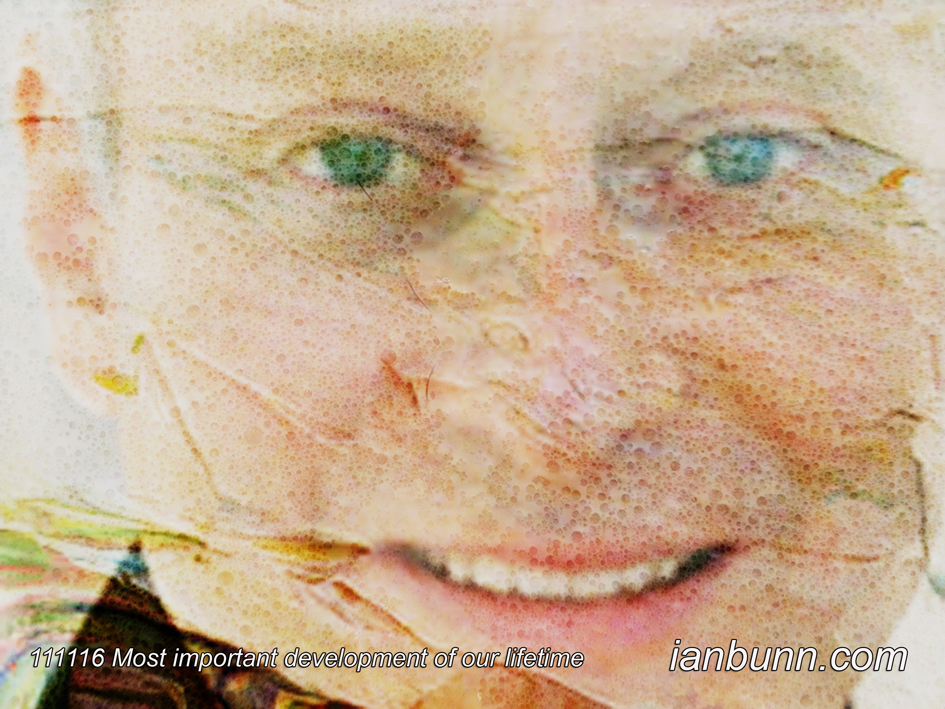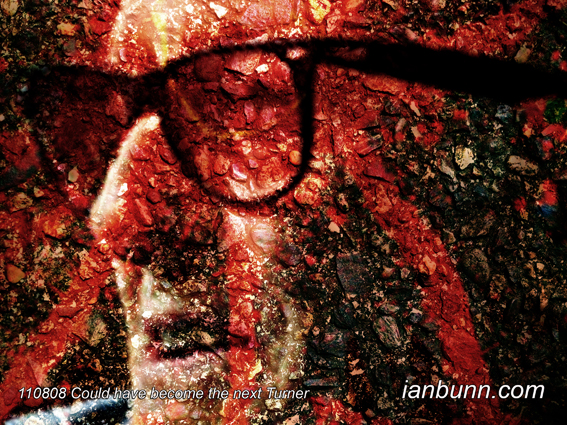Peter Albert David Singer the 65 year old Australian philosopher and professor of Bioethics specializing in applied ethics has released an article on Aljazeera applauding the ending of battery cages in Europe for the keeping of fowls. Singer likened the achievement to the Arab Spring, stating “The end of the battery cage in Europe is a less dramatic development than the Arab Spring, but, like that popular uprising, it began with a small group of thoughtful and committed people… In the early 1970s, when the modern animal liberation movement began, no major organisation was campaigning against the battery cage… It took a concerted effort… to stir the RSPCA from its complacency towards the battery cage and other forms of intensive animal rearing… hens kept in cages so small… hens could never walk around freely, or lay eggs in a nest… Many people applauded our youthful idealism, but told us that we had no hope of ever changing a major industry. They were wrong… On the first day of 2012, keeping hens in such cages became illegal.”
Inspired by Peter Singer http://ow.ly/8JkSu image source Joel Travis Sage http://ow.ly/8JkVW
